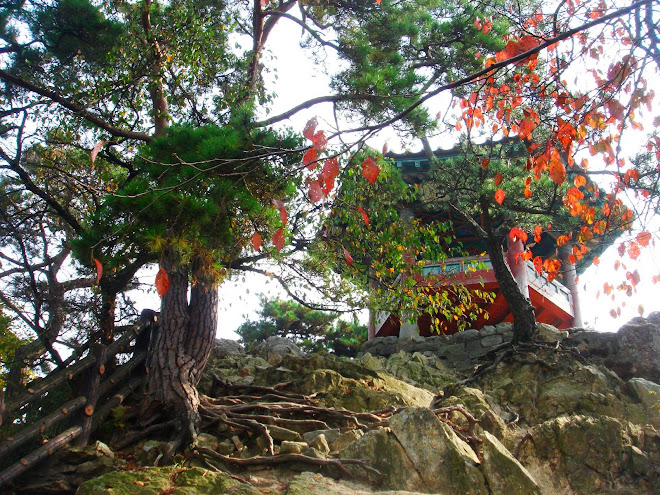
Faith is important because we live based on faith. We also have faith that our bungee cord will keep us from hitting the floor, 100 meters below us. Without faith, we would be paranoid, cenophobic, having the fear of new things or ideas, scared people. Faith gives us a purpose to live and move on in life. It also gives us a sense of what will happen to us, after we die. Death is inevitable and we may fear it because we are unsure of what will happen to us after death. The concept of life after death, though not believed by everyone, is out of our understanding. When I think about life after my death, I feel like a country eighty-year-old grandma trying to conceptualize the internet. It is too abstract for me to imagine.
I think sometimes people find it hard to have faith in a certain religion because nothing is really proven. I, personally find it hard to believe in a spirit that is so powerful that it could make the universe with one word because there are no hard facts in which God is real. I didn’t witness Moses splitting the Red Sea or Jesus’ resurrection; the closest thing to a miracle that I’ve witnessed is seeing a baby through a sonogram in Laos. For me, seeing a fetus in a woman was watching a miracle happen. Something as tiny as two cells were forming new life that would someday, in a few months, come out into the world that we are living in. but even with witnessing such a miracle, I feel like an infant that is around one or two months old. I don’t comprehend object permanence, which is the understanding that objects continue to exist, even when it is no longer in view. The hardest part about faith is believing in something or someone with no proof or reason as to why you believe it.
Having a friendly conversation with a taxi driver, we ended up talking about faith. As a Christian, the taxi driver said that faith should be the most important thing in life. Neither wealth, nor education should matter; one should live on faith. He seemed very content with his life, and surprised me when he said “God has given me this job to be a taxi driver, and I accept it as a gift, asking nothing more of Him.” His conviction seemed so strong and though I appreciated the faith that he had, it also made me dubious if it was really true. However, as I reflected more about my thoughts, I realized that I shouldn’t doubt him. I don’t know this man well enough to judge what he says that comes from his heart. This taxi driver’s faith is important to him, therefore, I should respect it.
The Sawi may have experienced the same doubt I have. This new concept of a God that loves is brought into their culture by a white man yet slowly, the Sawi converted to Christianity. This simply amazes me how they can have such faith even though Don Richardson used the analogy of a Peace Child, which has been part of their culture for centuries. I still struggle with faith, even though I was born into Christianity. I truly respect them and every person who has conviction. Someday, hopefully, I’ll experience that kind of passion for God.




